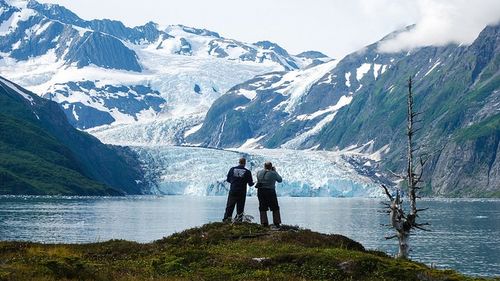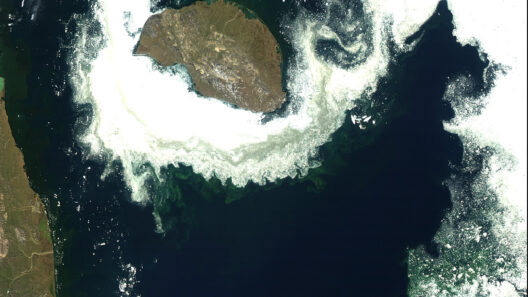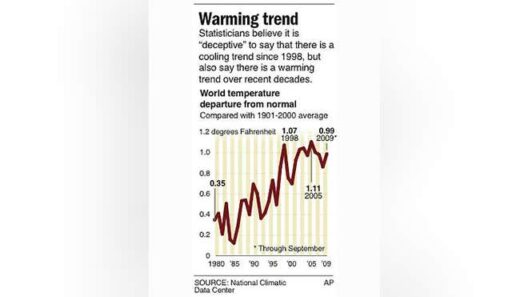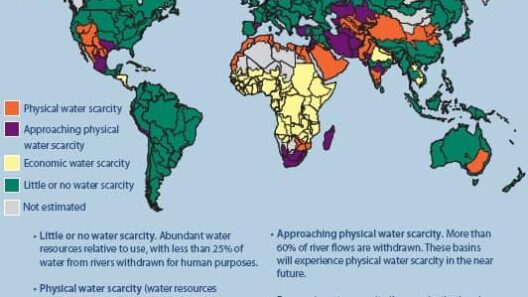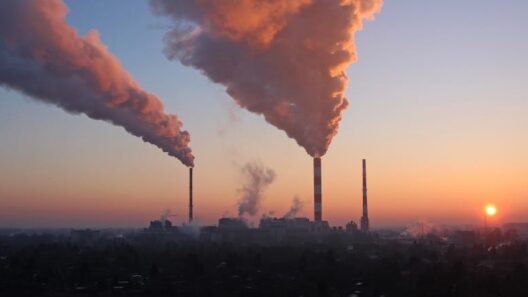For decades, the discourse surrounding climate change has been intensely scrutinized, debated, and often misrepresented. A notion that has garnered significant attention is the purported “pause” in global warming, often referred to as the “global warming hiatus.” This idea posits that, since the late 1990s, there has been a stagnation in the rise of global temperatures. However, is this claim substantiated, or does it represent a misinterpretation of climatic data?
The notion of a warming hiatus emerged prominently around 2012 when various analyses suggested that average global temperatures had plateaued despite soaring levels of carbon dioxide emissions. Proponents of this theory argued that the Earth’s temperature had not significantly increased over a period of approximately 15 years, leading to implications that climate models might be flawed and that the severity of climate change could be overstated.
To understand the complexities surrounding this assertion, one must delve into the multifaceted nature of climate science. First and foremost, it’s crucial to differentiate between weather and climate. Weather represents short-term atmospheric conditions, whereas climate is defined by long-term trends over decades or even centuries. The idea of a temporary lower rate of warming must be contextualized within a broader temporal framework.
One of the pivotal aspects contributing to the so-called hiatus is the natural variability of climate systems. Oceans play a significant role in absorbing heat, and oscillations such as El Niño and La Niña can lead to significant fluctuations in surface temperatures. The warm phase of El Niño tends to elevate global temperatures, while the cold phase of La Niña can suppress them. As such, the interplay between these natural phenomena can create perceived plateaus or dips in temperature trends. Additionally, other factors such as volcanic activity and shifts in solar radiation can further complicate the relationship between greenhouse gas emissions and global temperatures.
Scientific reassessments, including analyses of satellite and oceanographic data, have largely discredited the notion of a significant hiatus. Research has demonstrated that when one examines longer time frames and incorporates a comprehensive range of factors, the underlying trend continues to point toward rising global temperatures. Specifically, numerous studies indicate that the decade from 2000 to 2010 was indeed warmer than preceding decades, with the last few years consistently breaking temperature records.
Another critical element to consider is the role of human-induced changes and land-use transformations. Deforestation, urbanization, and industrialization have significant implications for local and regional climates, driving changes that can obscure the overall picture of global warming. These localized phenomena can create variations that may, at times, lead to cooling in certain areas, further complicating the narrative surrounding global trends. However, these fluctuations do not negate the reality of a long-term warming trajectory.
Thus, the discourse surrounding the global warming pause must pivot towards a more nuanced understanding of climate science. Scientific consensus indicates that while there may have been periods of slower warming, the overarching narrative remains clear: global temperatures continue to rise, with profound implications for ecosystems, weather patterns, and human societies. The Intergovernmental Panel on Climate Change (IPCC) consistently underscores the urgency of addressing climate change, reinforcing that the science is unequivocal.
As climate activists and advocates continue to raise awareness about the implications of rising temperatures, it becomes increasingly vital for the public to grasp the scientific intricacies underlying climate variability. Misinformation can proliferate when complex data is distilled into simplistic narratives. Therefore, engaging with the multifarious aspects of climate change empowers individuals to understand not only the challenge but also the necessary actions to mitigate its impact.
In conclusion, while the concept of a global warming pause may seem tantalizing at first, it ultimately distracts from the more pressing issue at hand: human-driven climate change is a reality that demands immediate attention. Continuing to question and investigate the intricacies of our climate system is essential, but this inquiry must be grounded in the prevailing scientific consensus. Understanding the true nature of global warming will catalyze action, fostering an informed populace capable of driving meaningful change in environmental policy and personal choices. As the consequences of climate change become increasingly apparent, the time for action is now, and every step counts in the fight against this existential crisis.


